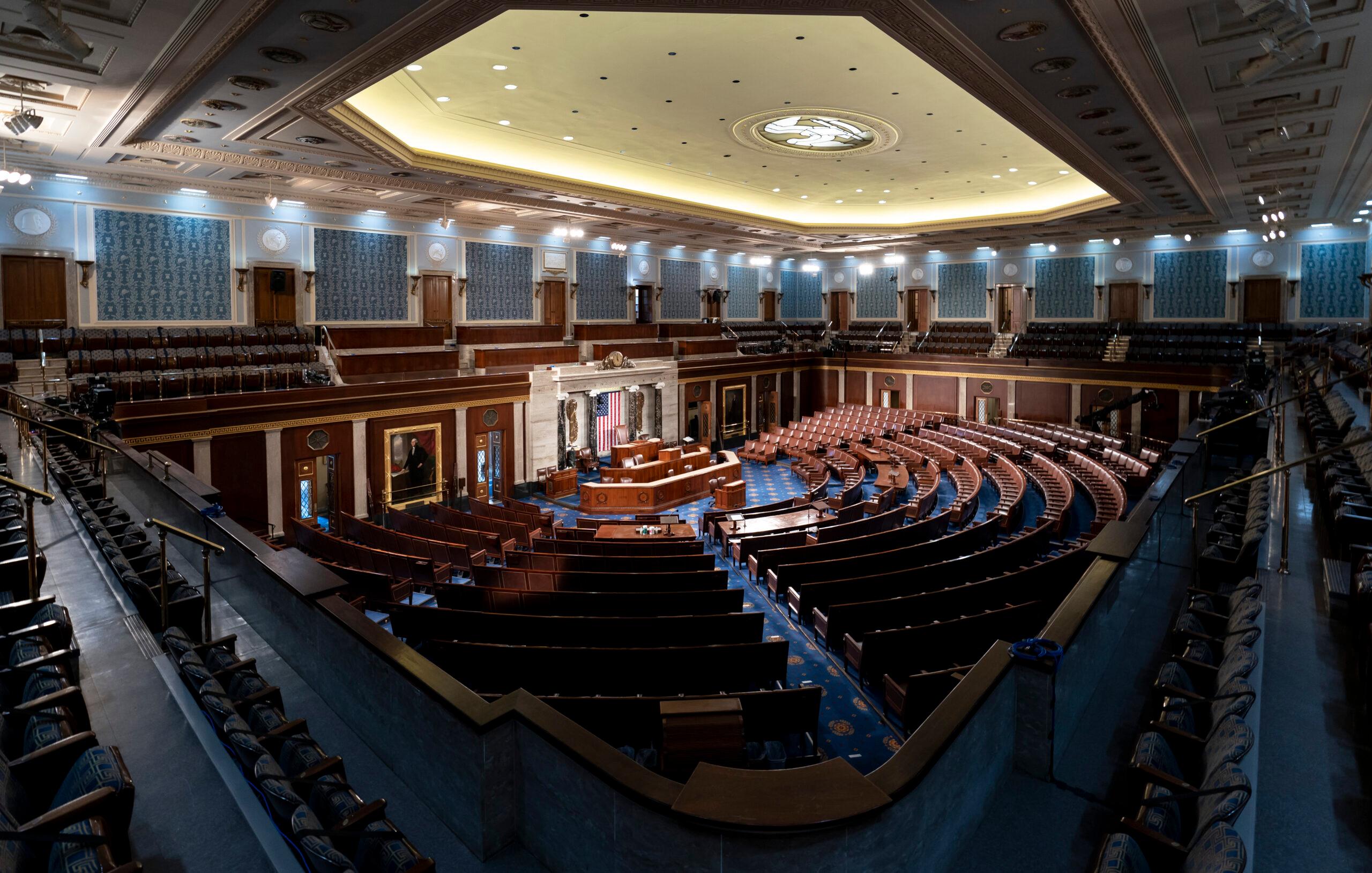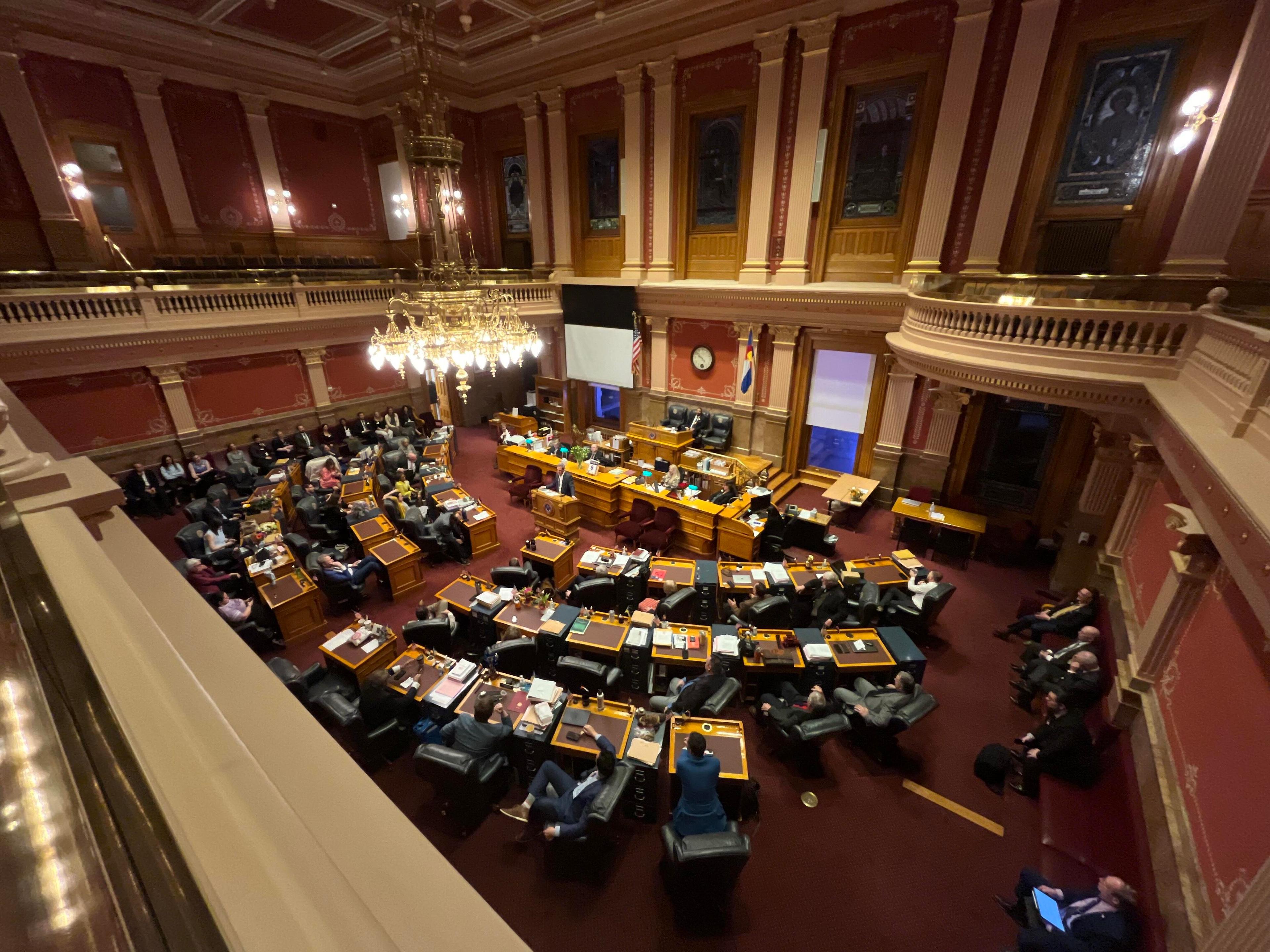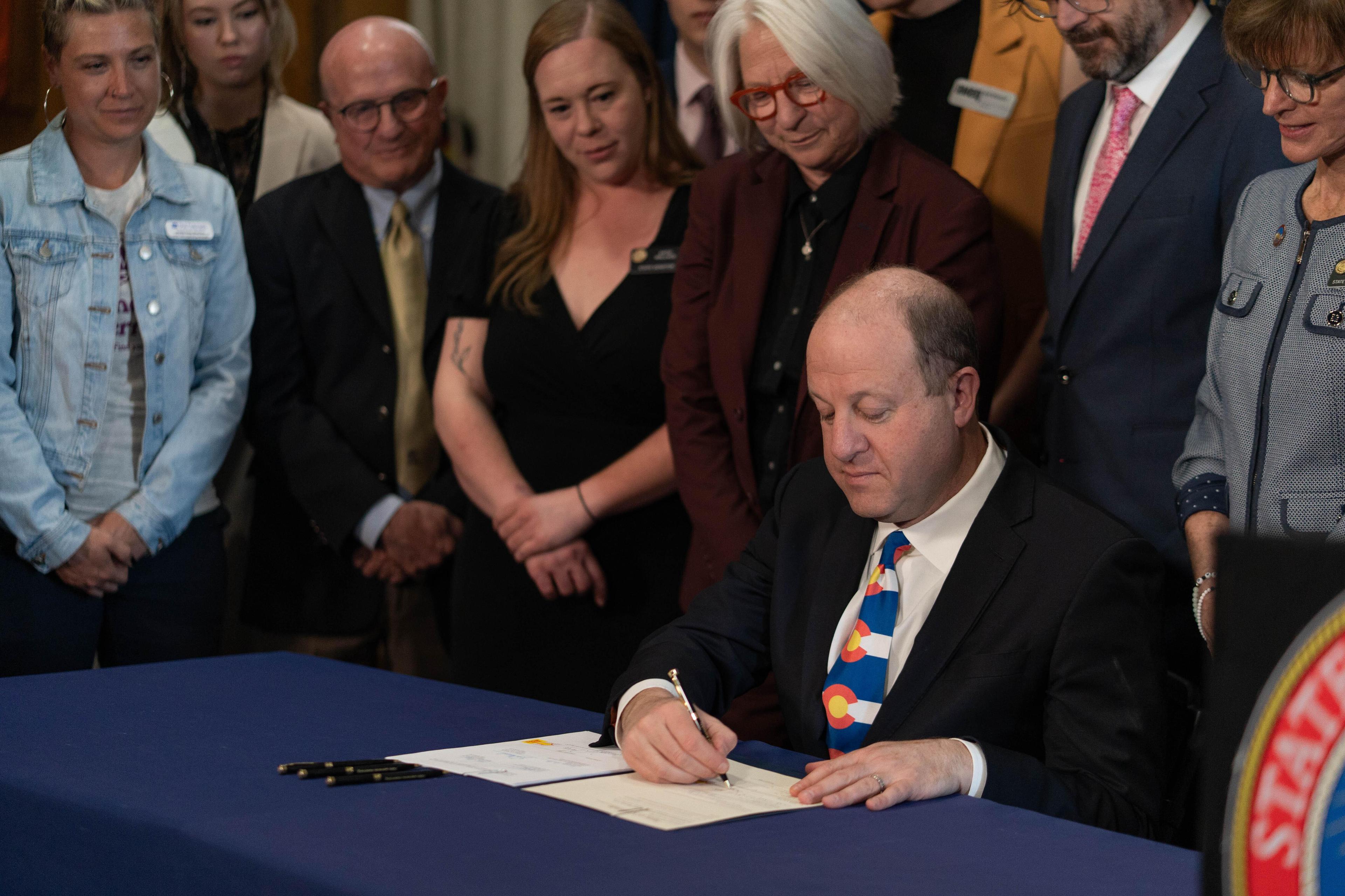
A small package of bipartisan Big Tech antitrust bills championed by Colorado Reps. Ken Buck and Joe Neguse passed the House Thursday, 242-184.
The package consists of three provisions. First, Neguse’s Merger Filing Fee Modernization Act, which would update fees for the first time in 20 years to ensure the Justice Department has the funding it needs to pursue antitrust cases.
The second is Buck’s State Anti-Trust Enforcement Act, which gives state officials the same deference as federal antitrust officials regarding where cases are heard.
The last is Wisconsin Rep. Scott Fitzgerald’s Foreign Merger Subsidy Disclosure Act, which would require parties to disclose subsidies from foreign countries, like China.
“This is not a Democrat bill and this is not a Republican bill … holding Big Tech accountable is an American bill,” Buck said on the House floor. “We are serving in the United States Congress and we serve United States citizens. It is never the wrong time to do the right thing. My friends say this Big Tech Bill doesn't prevent discrimination and censorship. Competition is the solution for viewpoint censorship.”
Neguse called his bill common-sense legislation.
“By strengthening antitrust enforcement and ensuring that corporate parties to larger mergers pay their fair share and consumers don’t have to foot the bill, Congress is preventing anti-competition tactics that harm American consumers, entrepreneurs, and small businesses,” Neguse said after the bill passed.
Buck added that a number of conservative groups, like the Heritage Foundation, support the package, while Democrats noted labor and consumer groups are on board.
But if there was bipartisan support for the bill, there was also bipartisan opposition. Republicans, in particular, expressed concerns about giving more funding or authority to the Department of Justice, through Neguse’s proposal, and the Federal Trade Commission, through Fitzgerald’s.
“Not only is the Department of Justice getting $140 million more dollars a year, so is this FTC,” GOP Rep. Jim Jordan of Ohio said on the floor. “We don't wanna be giving more money to agencies with this kind of track record, particularly, I think, now when the American people are about to speak on who they want to control their Congress.”
On the other side of the aisle, Democratic Rep. Zoe Lofgren of California took issue with Buck’s portion, giving State AGs more latitude on where courts hear federal antitrust cases. She noted the current system works and that a venue change would impact all businesses, not just tech.
All Colorado’s Democratic congress members voted for the bill, as did Buck, a Republican. GOP Reps. Doug Lamborn and Lauren Boebert voted against it.
The bill now heads to the Senate, but it’s unlikely to be taken up by that chamber until after the November election, during the lame duck session.








